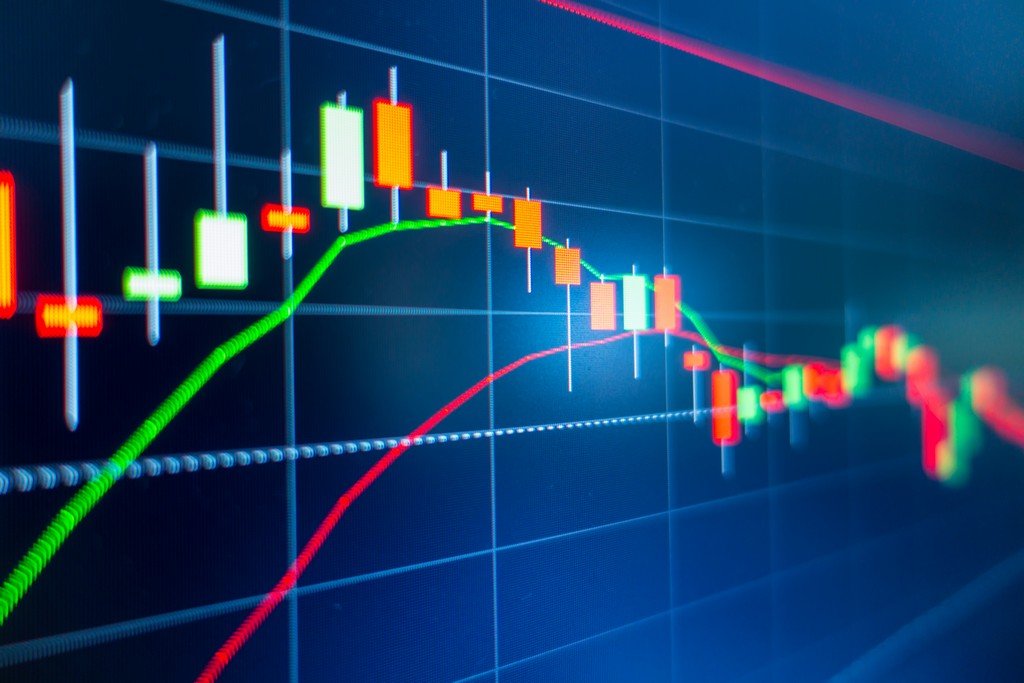The global surge in commodity prices is adding another burden to China’s small businesses, many of which have barely put the coronavirus pandemic behind them. In a sign of how severe the problem is, Chinese Premier Li Keqiang and other leaders emphasized at a meeting Wednesday they would increase support for privately run businesses — first, in the persistent issue of getting financing, and second, for coping with rising prices of raw materials.
The statement marked the latest central government announcement in the last few weeks on record high commodity prices, as authorities rush to limit the negative impact on the economy. If businesses selling to consumers keep prices steady in order to remain competitive, the rise in commodity prices will cut into profit margins.
Already, on Thursday, China’s statistics bureau said industrial profit growth slowed to a 57% year-on-year increase in April, down from 92.3% in March. Although these figures are distorted by the contraction of the economy in the first quarter last year, the bureau noted the negative impact of rising commodity prices, among other factors. The cost of raw materials as measured by the producer price index rose 6.8% from a year ago in April, the fastest pace in over three years. But consumer prices edged up just 0.9% as pork prices fell.
China is growing more worried about how surging commodity prices will affect business profits, CNBC, May 27
